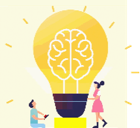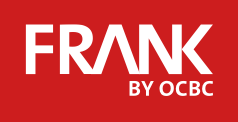Join other trail-blazing young adults in getting monthly career & financial tips, written by those who have succeeded before.
Knowledge is money
Join other trail-blazing young adults in getting monthly career & financial tips, written by those who have succeeded before.
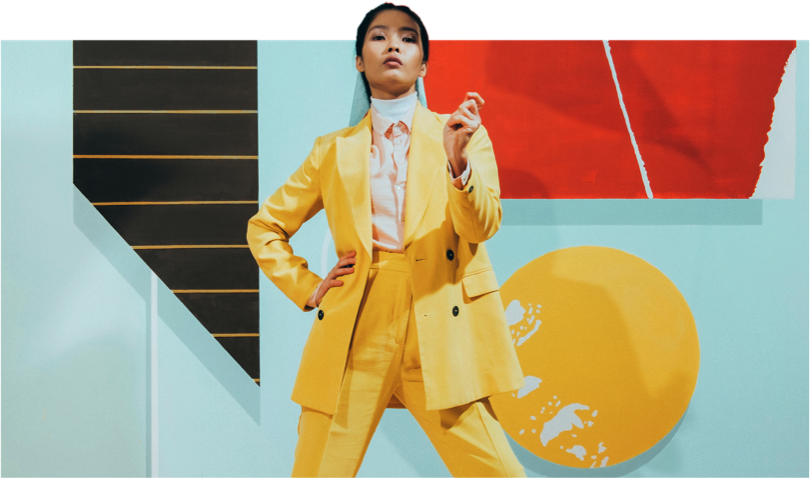
Learn how you can fast track your money with the OCBC 360 Account and FRANK Credit Card.

Find out how you can be smart about your money with the FRANK Account and Debit Card.
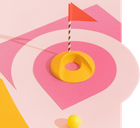
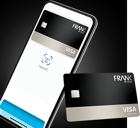
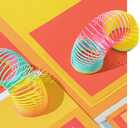
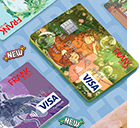


Save, invest and manage your money anytime, anywhere with digital banking.
